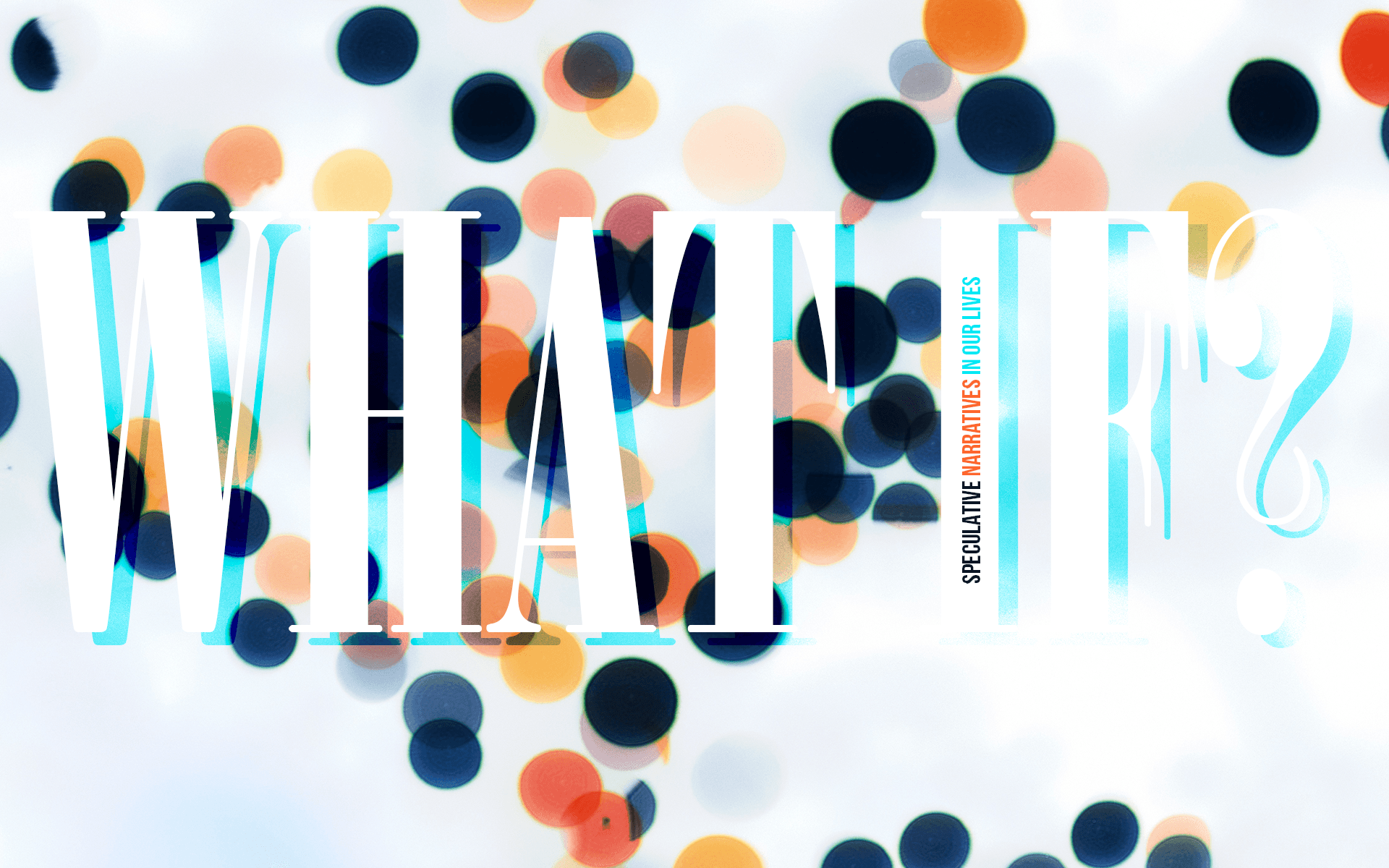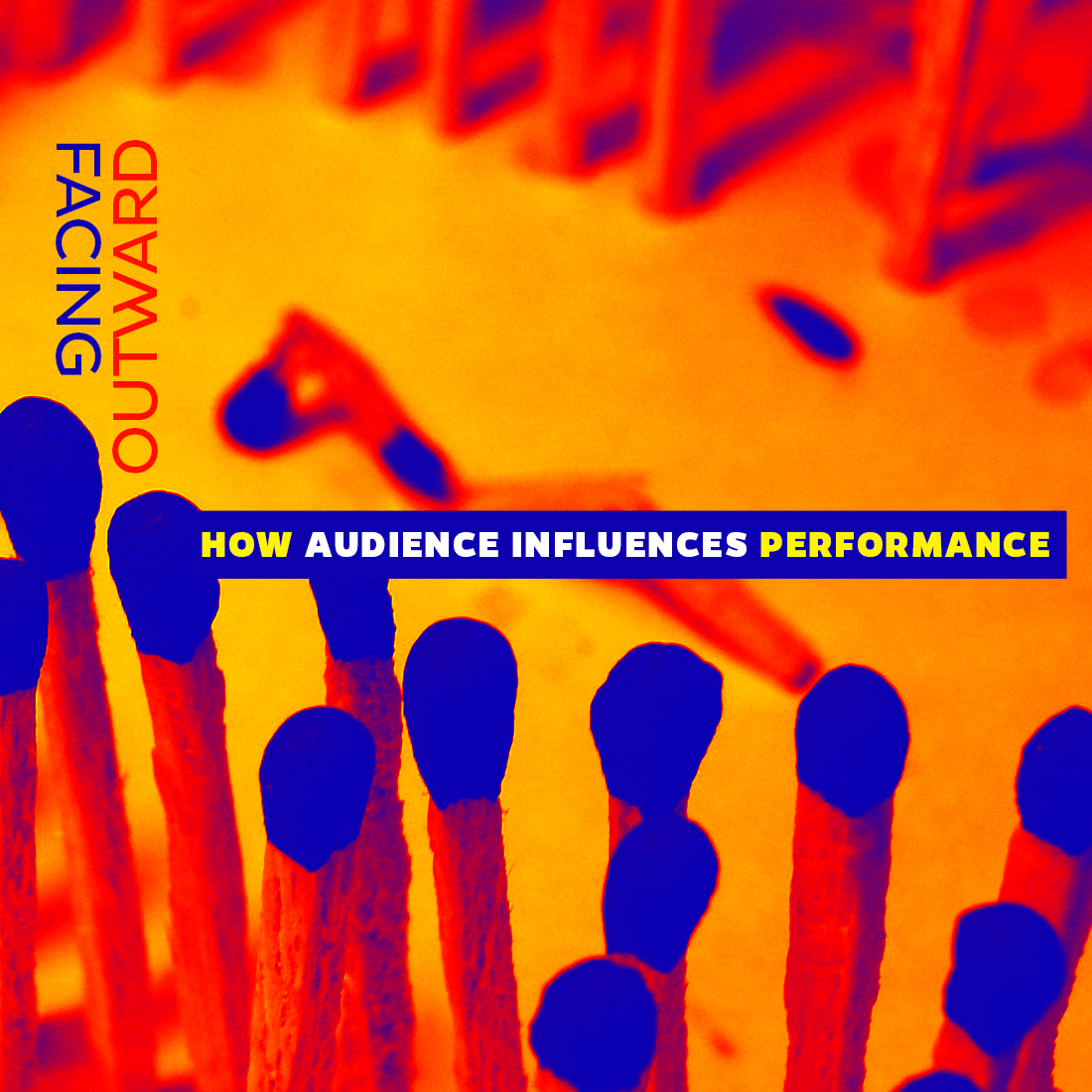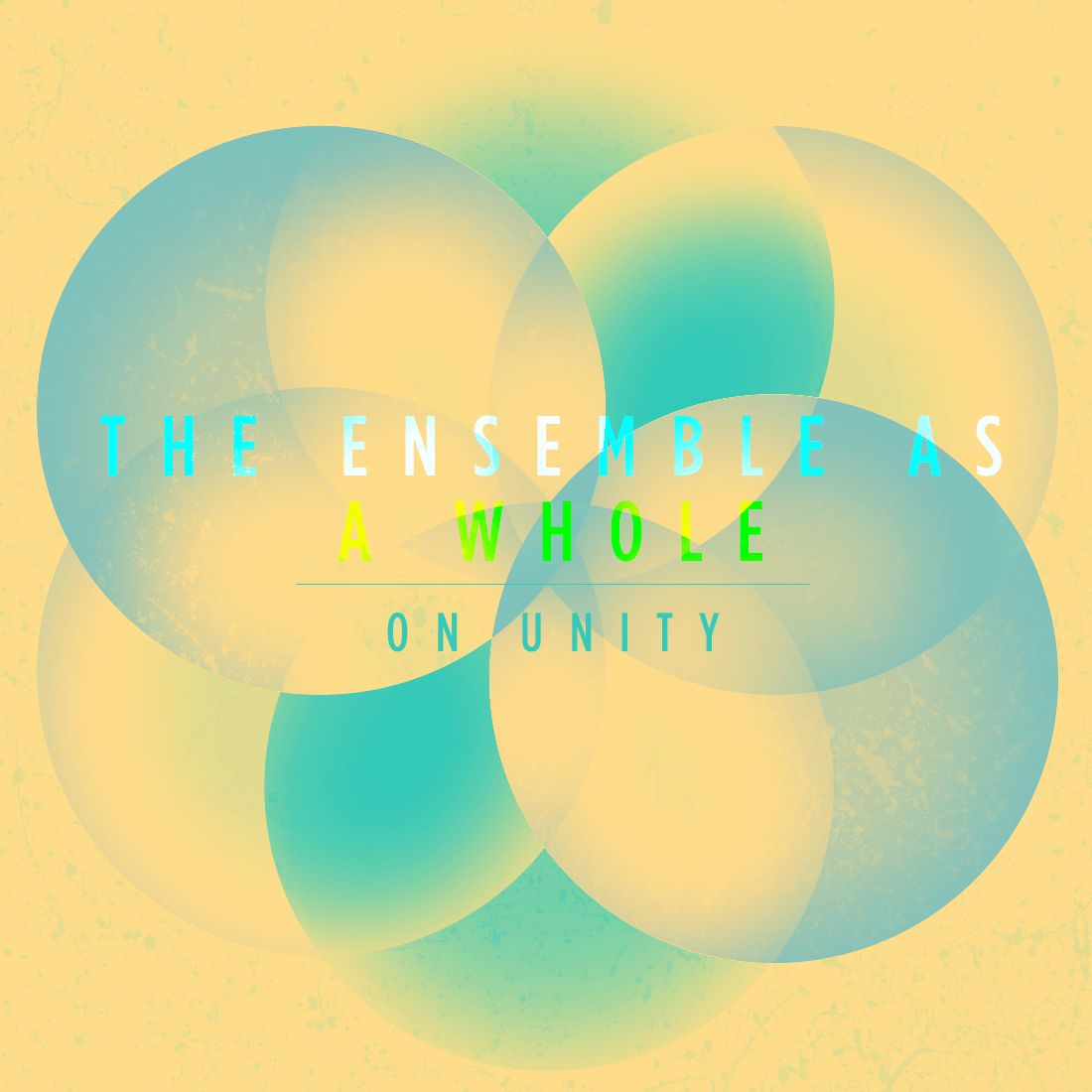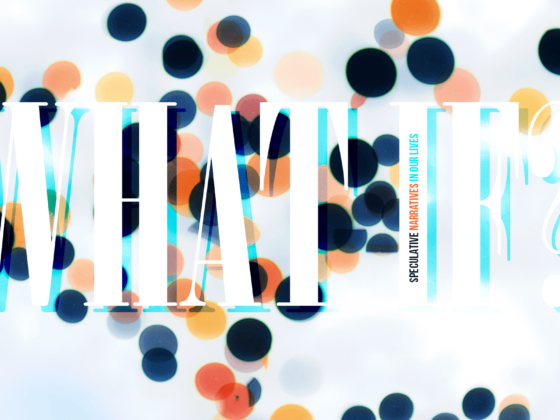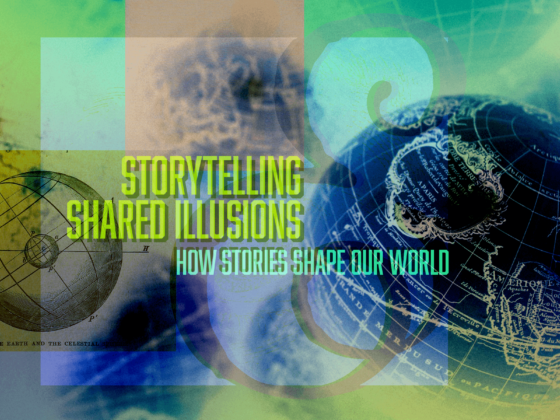KELLEY KIDD
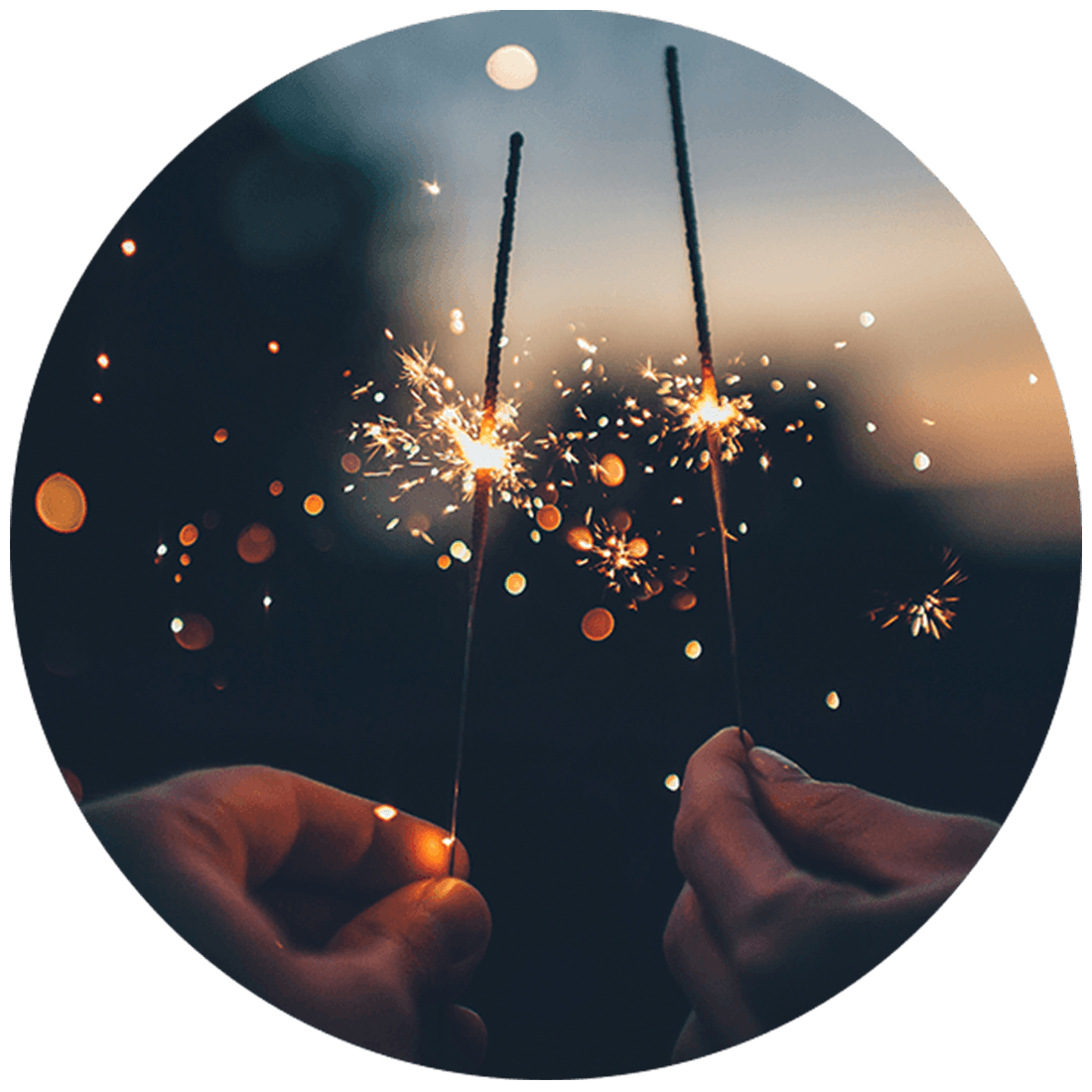
In this issue we have wide-ranging interviews with a variety of individuals — from a productivity guru to a history student, a psychology student to a yoga instructor, and even a rabbi! — about New Year’s resolutions and year-end rituals, wondering what are some of the speculative narratives that we tell ourselves and each other as we look to the future. In Part 2, we talk to a rabbi, a productivity guru, and a yoga instructor about what resolutions, rituals, and reflections they have as the new year approaches.
Rabbi Alon Ferency currently serves as the rabbi of Heska Amuna Synagogue in Knoxville, Tennessee, having gone from Harvard to the music industry as well as from the Peace Corps to Bonaroo (where he served as the Rabbi-in-Residence). He now spends his spare time doing yoga, reading science fiction novels, and playing soccer and Dungeons & Dragons.
Chad Jens is a health, wellness, & financial readiness guru in Oakland, CA, currently working in process optimization at Google.
Colleen McClintock is a yoga teacher and healthcare consultant in Washington, D.C. who enjoys reading people’s star charts at the club.
Hi Rabbi Alon, Chad, and Colleen, thanks for making the time to do this interview!
Do you have any New Year’s resolutions you’d like to share?
Colleen McClintock
I’ve always kind of loved the idea of New Year’s resolutions. In years past, I always took this self-improvement [perspective] at the new year, where you think about all the ways you were wrong — and you’re like, “I want to be better at managing my money, and I want to eat healthier, and cook more, and be less of a dipshit.”
But I took this class with Michele Mae before New Year’s last year, and she talked about how at New Year’s we always focus on what we want to do better or differently. But instead, let’s think a little bit more about self-acceptance, because sometimes we can get into this really self-deprecating mindset. So as I think about what I want to do differently over the next year, rather than these larger overarching goals, I’m more focused on smaller, more easily implementable steps.
Rabbi Alon Ferency
(Laughs) No, I don’t. I feel like I’m constantly working on making myself a better person, so I think it’s a lot of scraping by and trying to be better.
Chad Jens
I think New Year’s resolutions can be somewhat arbitrary, like [it’s] an arbitrary time to say, “I need to reevaluate.” This year I did goals on my birthday [instead], but I do have a list of things I want to accomplish — but not so [many] I’m planning to start in January that I wouldn’t instead start tomorrow.
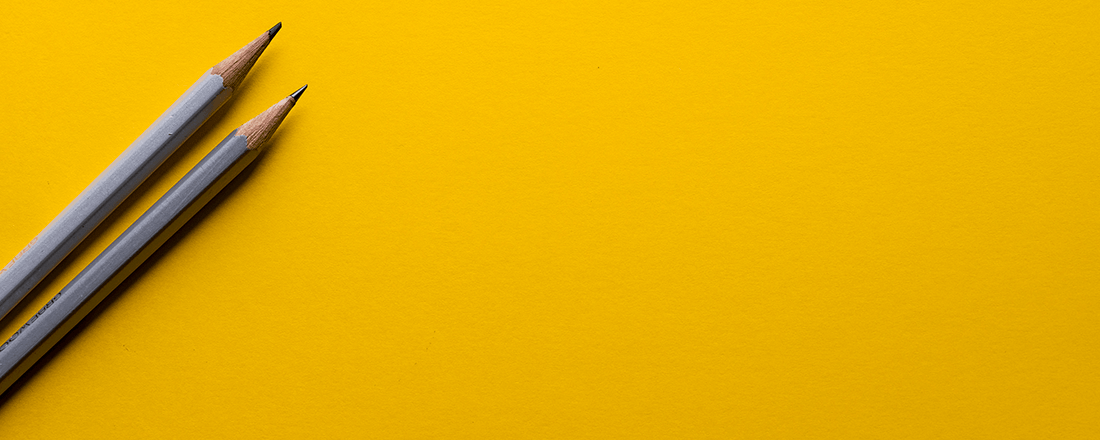
What is the significance — if any — of having a particular day in the year set aside for practices of reflection, rejuvenation, and goal setting?
Rabbi Alon Ferency
That’s a very good question. The whole month prior to Yom Kippur [the holiest day in the Jewish calendar] is supposed to be a period of reflection and self-study, but Yom Kippur itself tends to be really powerful, because the quantity of prayer and the fasting [I do] takes me out of my body [and] out of myself, and helps me find new things.
Chad Jens
For me, it’s definitely a continuous thing [instead of just one particular day]. This was the first year I did [goals] on my birthday rather than New Year’s because the timing worked out. I thought of 27 things to do when I’m 27 because that sounded nice. But even in doing that exercise, I found that some of the 27 were really, really valuable to me and things I wanted to start on tomorrow or today — and some were, “I need a 20th thing,” so the number itself [became] arbitrary. Through that process, I reconfirmed that I’m more interested in continual goal setting and focusing on a few simple but important things to me, rather than coming up with a list on a certain day, or a certain number of things, because it’s artificially enforced.
Colleen McClintock
I’ve had conversations with people who think it’s stupid that everyone decides to make these changes with the new year, but I always have been drawn to this idea of taking a look back and reflecting on what’s happened over the past year. I think we [have] come a lot farther than we give ourselves credit for, and giving ourselves the opportunity to really appreciate that, in addition to recognizing the things you’d like to change, or develop, or try to cultivate, for the next year.
Do you need to make those changes at the new year? Absolutely not — but it’s a good excuse to, and it facilitates a lot of really interesting conversations with people. It’s on everyone’s mind [after all].
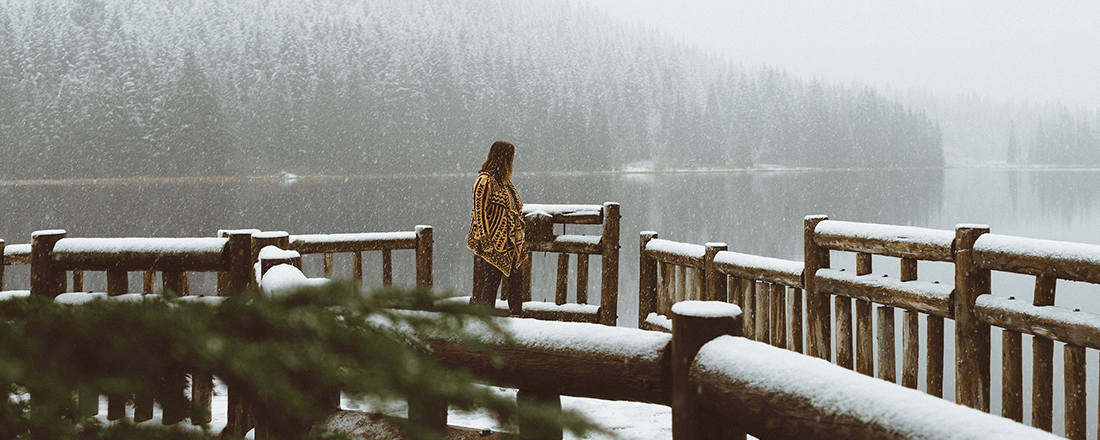
Does this concept of a new year — or, more broadly, time — determine how you look at goals and how you want to change your future self?
Chad Jens
It’s mostly [about] having a philosophy around the way I’d like to be. I was 23 years old and had accomplished most of the things I wanted to accomplish as a kid… And I was like, “What’s next?” I [have already] hit a lot of the external metrics [I placed], and I asked, “What do I actually want to spend the majority of my life doing?” And it wasn’t watching Netflix.
I started to really hate Sundays because I didn’t have any goals or projects I was working towards. I realized that I don’t have anything I want to do right now. That sense of aimlessness was really shocking and terrible — but also enlightening, and led me to ask, “What should I be doing?” Now, it seems like there are a million things to do — and I love Sundays again.
Colleen McClintock
As a person who likes to focus on the longer term and is constantly existentially challenged, the time since college has been very devoted to [these questions of] “Who am I? What is my purpose in the world? What am I doing?”
This year has been a really valuable lesson in saying, “It’s OK not to know that yet.” Do the work now on making your life a little easier and more enjoyable — being the person you want to be — and doing what you can with what you have in the moment.
Rabbi Alon Ferency
In mainstream Judaism, there aren’t a lot of curricula of self-study or a menu of things to choose from. On Yom Kippur, there is a list of sins, but it’s really about how much you choose to let yourself see yourself in those things. [That said,] Judaism creates an environment where it’s easier to be moral and ethical and mindful. It doesn’t mean you will be — it just means that it’s setting up the best possible incentives to be [so].
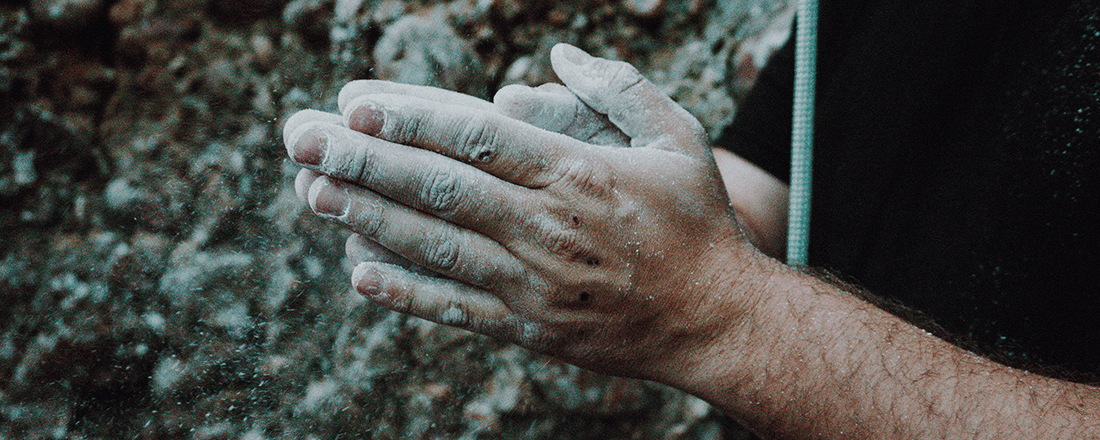
How do you understand willpower and decision making? What makes the difference between a choice that sticks and a choice that doesn’t?
Colleen McClintock
In terms of holding myself accountable, I need all this stuff in place. I need structure. When things are going decently well in life and there are no gaping problem areas, it’s hard to recognize that changes can still be made, if you’re getting away with doing exactly what you’re doing and not really thinking about it. [Having said that,] I can’t imagine setting intentions without being a little bit flexible, because sometimes the goals you set for yourself don’t achieve the ends that you think they’re going to. The balance between holding yourself accountable and getting upset with yourself if things don’t turn out the way you’d like them to is really the key to any of this self-reflection being successful.
Chad Jens
I try to minimize the amount of willpower required by making whatever the decision is as easy as possible, and by setting up structures to support what I want to do. If it’s really hard, I’m not going to do it. It’s not like I don’t have 10 minutes a day to do something — it’s just about prioritizing them.
I’m also very future-minded, so it’s easy for me to say, “What will a-year-from-now Chad want?” and act in [his] interest rather than doing nothing or [pursuing] hedonistic short term goals.
Rabbi Alon Ferency
There is this paradox [of will-power] in giving your will over to God, but at the same time you really do have to be determined; you really do have to work every day. I wish there were magical switches where one day you’re suddenly ‘better,’ but you’re always working on the marginal change of being a better person. Maimonides talks about when the challenge of a temptation comes back to you, and [perhaps] every time it comes back it’s a little easier to say “No” — or maybe it’s quicker — and eventually it becomes a habit. But I don’t think it ever goes away. You still work on yourself every day.
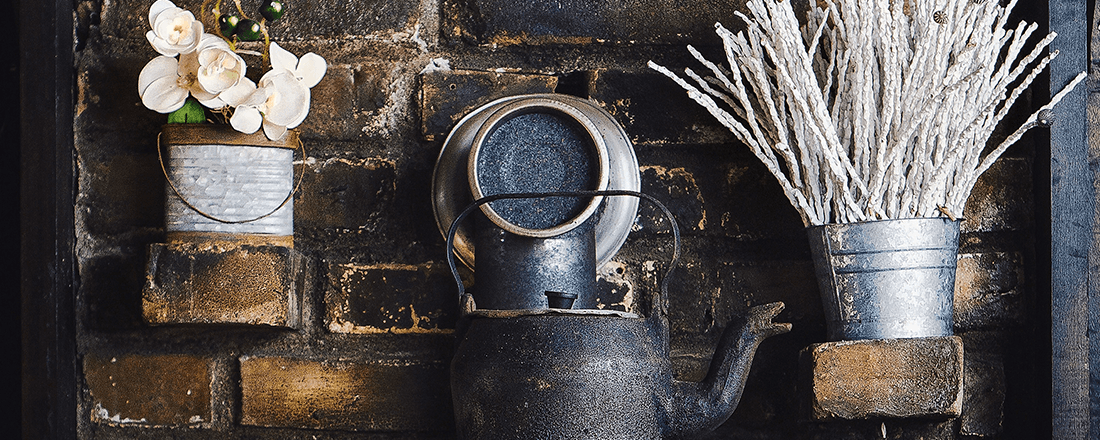
Do mindfulness, ritual, reflection, and prayer (if relevant) play a role as well in helping goals stick?
Rabbi Alon Ferency
I think it happens behind the scenes. I’ve always wondered whether mindfulness and self-reflection is what gives me the capacity to make changes… I think all the mindfulness work [by giving] you the capacity and the energy to do the work. I don’t think it does the work for you — I think it just powers you up to do the work.
Chad Jens
I see meditating as helping with a lot of aspects of my life — in terms of thinking clearly, having a good attitude, and making time for things. When I [have gotten] into it more regularly, I’ve also noticed that it helps me have a lot more gratitude towards others and see other people’s perspectives. When I was in high school, I was obsessed with getting my computer up to optimal performance; most days, I would want to do something to make sure it was still acting awesomely — and I feel like meditation is the same thing for humans. Let’s take a little bit of time to do the necessary maintenance to get back up to 100%.
Colleen McClintock
The full moon ritual is my current big ritual. That’s my current placeholder for journaling. Every time I journal, [I have] this really intensely cathartic experience, and it’s one of those things I almost save for when I need it. I think journaling is a really fantastic way to figure out what the fuck is going on in your mind. I journal to work stuff out. I take a very prescriptive approach to my mindfulness.
What rituals surrounding the new year do you find most meaningful and helpful in creating a deeper sense of purpose and dedication to your resolutions?
Rabbi Alon Ferency
There’s a piece of the morning and afternoon worship [in Judaism] called tachanun. It’s a framing of Psalm 6 and it’s a lot about self-abnegation. You literally fall on your face is the Hebrew [meaning] for it; you kinda rest your head in your hands and cry out for mercy. For some people, it seems pretty melodramatic, but for me, it’s really powerful to collapse in front of God and ask for support.
When it comes to Yom Kippur, on the other hand, the intensity of so many hours of prayer and fasting and the continuous experience of being in worship and being engaged ‘Jewishly’ for almost 25 hours straight… It’s a level of intensity I really enjoy. It’s like a spiritual marathon. It’s a runner’s high on a spiritual level. [Finally,] Shabbat [a weekly rather than annual practice] is an opportunity not to transform anything and to let the world be authentic and yourself be authentic… The message is to let the world be the world, and let you be you.
Colleen McClintock
[I] started doing moon rituals. The new moon is traditionally associated with birth, fertility, growth, [and] everything that is new. The new moon is said to be a really great time to set intentions — to think about what you want to manifest in your life, and what kinds of qualities you want to bring in. And then the full moon is for releasing things that don’t serve you.
So every two weeks, I’m thinking about things I want to bring into my life or things I want to get rid of — and you tend to see patterns. Something’s [always] coming up every single month, so then I’m like, “What can I do about this,” and hold myself accountable to doing small things. The patterns appear, and that’s is an easy way to hold yourself accountable.
Chad Jens
I like the Seinfeld strategy of buying a calendar and marking big red Xs on every day you did the thing you say you were going to do. I don’t have a big calendar with big red Xs, but I [do] have an app that mimics the same thing. I look at my phone every day, [while] I don’t necessarily look at a physical calendar every day. Put it where you’re going to see it.
Thank you for sharing all your reflections and thoughts! Hope everyone had a great end to their year!

